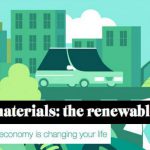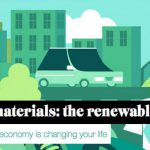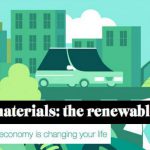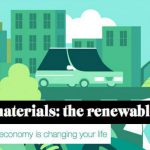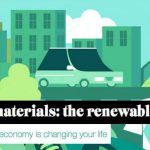S2Biom summary and individual reports on optimal logistical concepts case studies
The S2Biom project supported the sustainable delivery of non-food biomass feedstock at local, regional and pan European level through developing harmonised data sets, strategies, and roadmaps at local, regional, national and pan European level for EU28, Western Balkans, Ukraine, Moldova and Turkey. The project improved scientific evidence on the availability, cost supply, technologies and framework conditions (policy, financing, sustainability) for lignocellulosic non-food biomass by 2030.
This S2Biom report provides an overall summary as well as three individual case studies to match optimal logistical concepts (conceptual designs) with the specific regional situation:
- Small-scale power production with straw and Miscanthus in the Burgundy region (France);
- Large-scale power production with straw and residual woody biomass in the Aragon region (Spain);
- Advanced wood logistics in the Province of Central Finland.
Data on biomass availability and demand and quality specifications of the conversion technology have been used in combination with data on logistical components and concepts to provide guidelines for the case study partners to construct relevant regional cases. These advanced regional case studies can serve as example for other regions in the EU-27.


